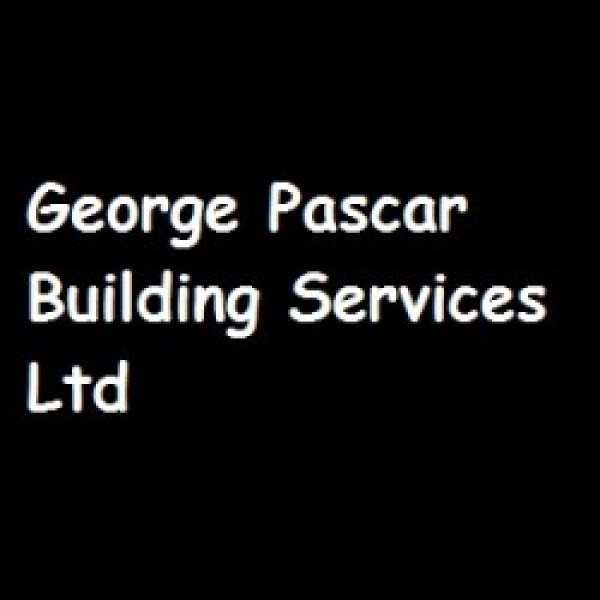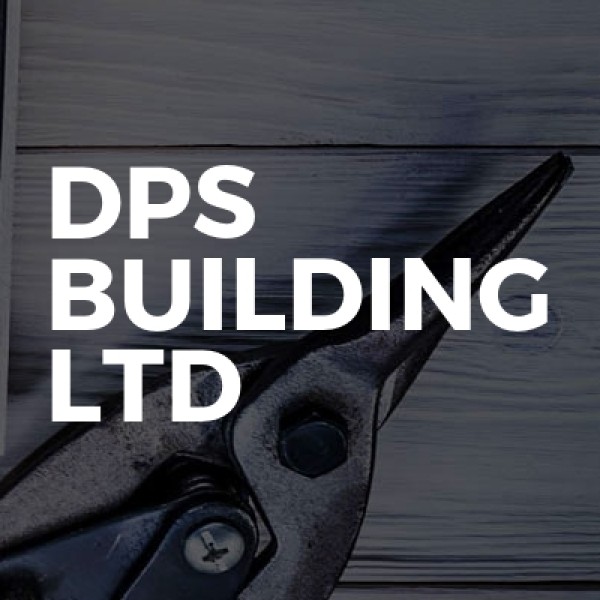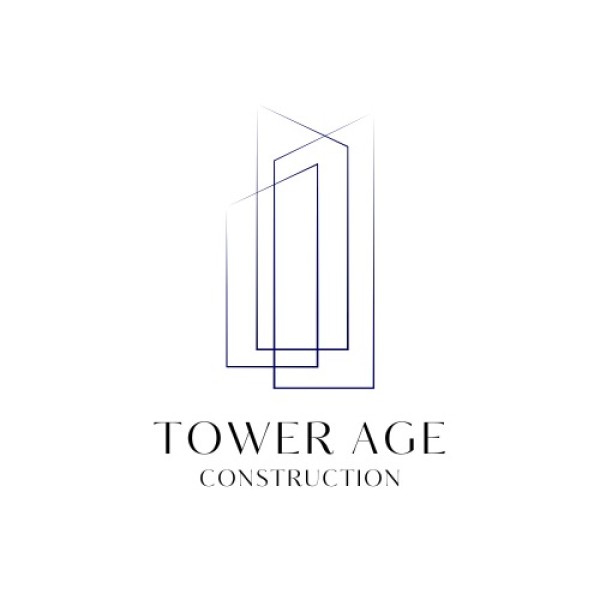Property Refurbishment in Isleworth
Filter your search
Post your job FREE and let trades come to you
Save time by filling out our simple job post form today and your job will be sent to trades in your area so you can sit back, relax and wait for available trades to contact you.
Post your job FREESearch Property Refurbishment in places nearby
Understanding Property Refurbishment in Isleworth
Property refurbishment in Isleworth is an exciting venture that can significantly enhance the value and appeal of a home. Nestled in the London Borough of Hounslow, Isleworth offers a charming blend of historical architecture and modern amenities, making it an ideal location for property investment and refurbishment. Whether you're a homeowner looking to update your living space or an investor aiming to increase property value, understanding the nuances of refurbishment in this area is crucial.
The Appeal of Isleworth for Property Refurbishment
Isleworth is a picturesque town with a rich history and a vibrant community. Its proximity to central London, coupled with its serene riverside views, makes it a desirable location for many. The town boasts a mix of period properties and modern developments, offering a wide range of refurbishment opportunities. From Victorian terraces to contemporary apartments, each property type presents unique refurbishment possibilities that can cater to diverse tastes and preferences.
Historical Significance and Architectural Styles
Isleworth's historical significance is reflected in its diverse architectural styles. The town is home to several listed buildings and conservation areas, which require careful consideration during refurbishment. Understanding the architectural heritage of Isleworth can guide property owners in making informed decisions that respect the town's historical character while incorporating modern comforts.
Victorian and Edwardian Homes
Victorian and Edwardian homes are prevalent in Isleworth, characterised by their ornate detailing and robust construction. Refurbishing these properties often involves restoring original features such as sash windows, fireplaces, and cornices, while updating the interiors to meet contemporary standards. This blend of old and new can create a unique and charming living space.
Modern Developments
In contrast, modern developments in Isleworth offer a blank canvas for refurbishment. These properties often benefit from open-plan layouts and large windows, providing opportunities to create bright, airy, and functional spaces. Refurbishment in these homes can focus on enhancing energy efficiency, incorporating smart home technology, and updating finishes to reflect current design trends.
Planning and Permissions for Refurbishment
Before embarking on a property refurbishment project in Isleworth, it's essential to understand the planning and permission requirements. Depending on the scope of the refurbishment, you may need to obtain planning permission from the local council, especially if the property is listed or located within a conservation area.
Understanding Local Regulations
Isleworth falls under the jurisdiction of the Hounslow Council, which has specific guidelines for property refurbishment. Familiarising yourself with these regulations can help ensure that your project complies with local laws and avoids potential delays or fines. It's advisable to consult with a planning officer or a professional architect who can provide guidance on the necessary permissions and approvals.
Listed Buildings and Conservation Areas
For properties that are listed or situated in conservation areas, additional considerations are required. Refurbishment projects must preserve the historical and architectural significance of these buildings. This may involve using traditional materials and techniques, as well as obtaining consent from heritage bodies. Working with specialists who have experience in heritage conservation can be invaluable in navigating these complexities.
Budgeting for Property Refurbishment
Budgeting is a critical aspect of any property refurbishment project. Understanding the costs involved and planning accordingly can help ensure that your project stays on track and within budget. In Isleworth, refurbishment costs can vary widely depending on the property's size, condition, and the extent of the work required.
Estimating Costs
To estimate refurbishment costs, consider factors such as labour, materials, permits, and professional fees. It's essential to obtain multiple quotes from contractors and suppliers to get a realistic idea of the expenses involved. Additionally, setting aside a contingency fund for unexpected costs can provide a financial cushion and prevent budget overruns.
Cost-Saving Tips
There are several ways to save on refurbishment costs without compromising on quality. Consider sourcing materials locally or opting for recycled or reclaimed materials, which can be both cost-effective and environmentally friendly. Additionally, undertaking some of the work yourself, such as painting or landscaping, can reduce labour costs.
Choosing the Right Professionals
Hiring the right professionals is crucial to the success of your refurbishment project. From architects and designers to builders and tradespeople, each plays a vital role in bringing your vision to life. In Isleworth, there are numerous skilled professionals with experience in property refurbishment who can help ensure a smooth and successful project.
Finding Qualified Experts
When selecting professionals for your refurbishment project, it's essential to verify their qualifications, experience, and reputation. Look for professionals who are members of recognised industry bodies, as this can provide assurance of their expertise and adherence to industry standards. Additionally, seeking recommendations from friends, family, or online reviews can help you find reliable and trustworthy experts.
Working with a Project Manager
Consider hiring a project manager to oversee the refurbishment process. A project manager can coordinate the various aspects of the project, ensuring that everything runs smoothly and on schedule. They can also act as a liaison between you and the contractors, helping to resolve any issues that may arise and keeping the project on track.
Incorporating Sustainable Practices
Sustainability is an increasingly important consideration in property refurbishment. Incorporating eco-friendly practices can not only reduce the environmental impact of your project but also enhance the property's value and appeal. In Isleworth, there are several ways to incorporate sustainable practices into your refurbishment project.
Energy Efficiency Improvements
Improving energy efficiency is a key aspect of sustainable refurbishment. This can involve upgrading insulation, installing energy-efficient windows and doors, and incorporating renewable energy sources such as solar panels. These improvements can reduce energy consumption and lower utility bills, making the property more attractive to potential buyers or tenants.
Using Sustainable Materials
Choosing sustainable materials is another way to enhance the eco-friendliness of your refurbishment project. Opt for materials that are locally sourced, recycled, or have a low environmental impact. Additionally, consider using non-toxic paints and finishes, which can improve indoor air quality and create a healthier living environment.
Maximising Space and Functionality
One of the primary goals of property refurbishment is to maximise space and functionality. In Isleworth, where property sizes can vary, making the most of available space is essential. Whether you're working with a compact apartment or a spacious family home, there are several strategies to enhance space and functionality.
Open-Plan Living
Open-plan living is a popular trend in modern refurbishment projects. By removing walls and creating a seamless flow between living areas, you can create a sense of spaciousness and improve the functionality of the space. This approach is particularly effective in smaller properties, where maximising natural light and creating a flexible layout can make a significant difference.
Smart Storage Solutions
Incorporating smart storage solutions is another way to enhance functionality. Consider built-in storage options, such as fitted wardrobes, under-stair storage, and bespoke shelving, which can help declutter the space and create a more organised and efficient living environment.
Enhancing Aesthetic Appeal
The aesthetic appeal of a property is a crucial factor in its overall value and desirability. Refurbishment offers an opportunity to update the property's appearance and create a stylish and inviting living space. In Isleworth, where properties range from traditional to contemporary, there are numerous ways to enhance aesthetic appeal.
Interior Design Trends
Staying abreast of interior design trends can provide inspiration for your refurbishment project. Popular trends include minimalist design, biophilic elements, and the use of bold colours and patterns. Incorporating these trends can create a modern and visually appealing space that reflects current tastes and preferences.
Exterior Improvements
Don't overlook the importance of exterior improvements in enhancing aesthetic appeal. Consider updating the property's façade, landscaping the garden, or adding outdoor living spaces such as patios or decks. These improvements can boost curb appeal and create a welcoming first impression.
Ensuring Quality and Durability
Quality and durability are essential considerations in any refurbishment project. Ensuring that the work is completed to a high standard can enhance the property's longevity and reduce the need for future repairs or maintenance. In Isleworth, where properties can be subject to varying weather conditions, quality and durability are particularly important.
Choosing Quality Materials
Investing in quality materials is a key factor in ensuring durability. Opt for materials that are known for their strength and resilience, such as hardwood flooring, stone countertops, and high-quality fixtures and fittings. While these materials may come at a higher cost, they can provide long-term value and reduce the need for replacements.
Working with Skilled Tradespeople
Hiring skilled tradespeople is another way to ensure quality and durability. Experienced professionals can provide expert craftsmanship and attention to detail, ensuring that the work is completed to a high standard. Additionally, they can offer valuable advice on the best materials and techniques to use for your specific project.
Understanding the Market and Potential ROI
Understanding the property market in Isleworth and the potential return on investment (ROI) is crucial for any refurbishment project. By researching market trends and property values, you can make informed decisions that maximise the financial benefits of your refurbishment.
Analysing Market Trends
Keeping an eye on market trends can provide valuable insights into the demand for refurbished properties in Isleworth. Consider factors such as property prices, rental yields, and buyer preferences. This information can help guide your refurbishment decisions and ensure that your project aligns with market demands.
Calculating Potential ROI
Calculating the potential ROI of your refurbishment project involves comparing the costs of the refurbishment with the expected increase in property value. Consider factors such as the property's location, size, and condition, as well as the quality and scope of the refurbishment work. By carefully analysing these factors, you can make informed decisions that maximise your investment.
Frequently Asked Questions
- What is the average cost of property refurbishment in Isleworth? The cost can vary widely depending on the property's size and the extent of the work, but it's essential to obtain multiple quotes to get a realistic estimate.
- Do I need planning permission for refurbishment in Isleworth? It depends on the scope of the work. Listed buildings or properties in conservation areas may require additional permissions.
- How can I ensure my refurbishment project is sustainable? Consider energy efficiency improvements, using sustainable materials, and incorporating eco-friendly practices.
- What are some popular interior design trends for refurbishment? Trends include minimalist design, biophilic elements, and bold colours and patterns.
- How can I maximise space in a small property? Consider open-plan living and smart storage solutions to enhance functionality and space.
- What factors should I consider when choosing professionals for my project? Verify their qualifications, experience, and reputation, and seek recommendations from trusted sources.





































